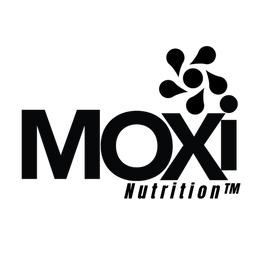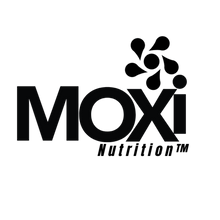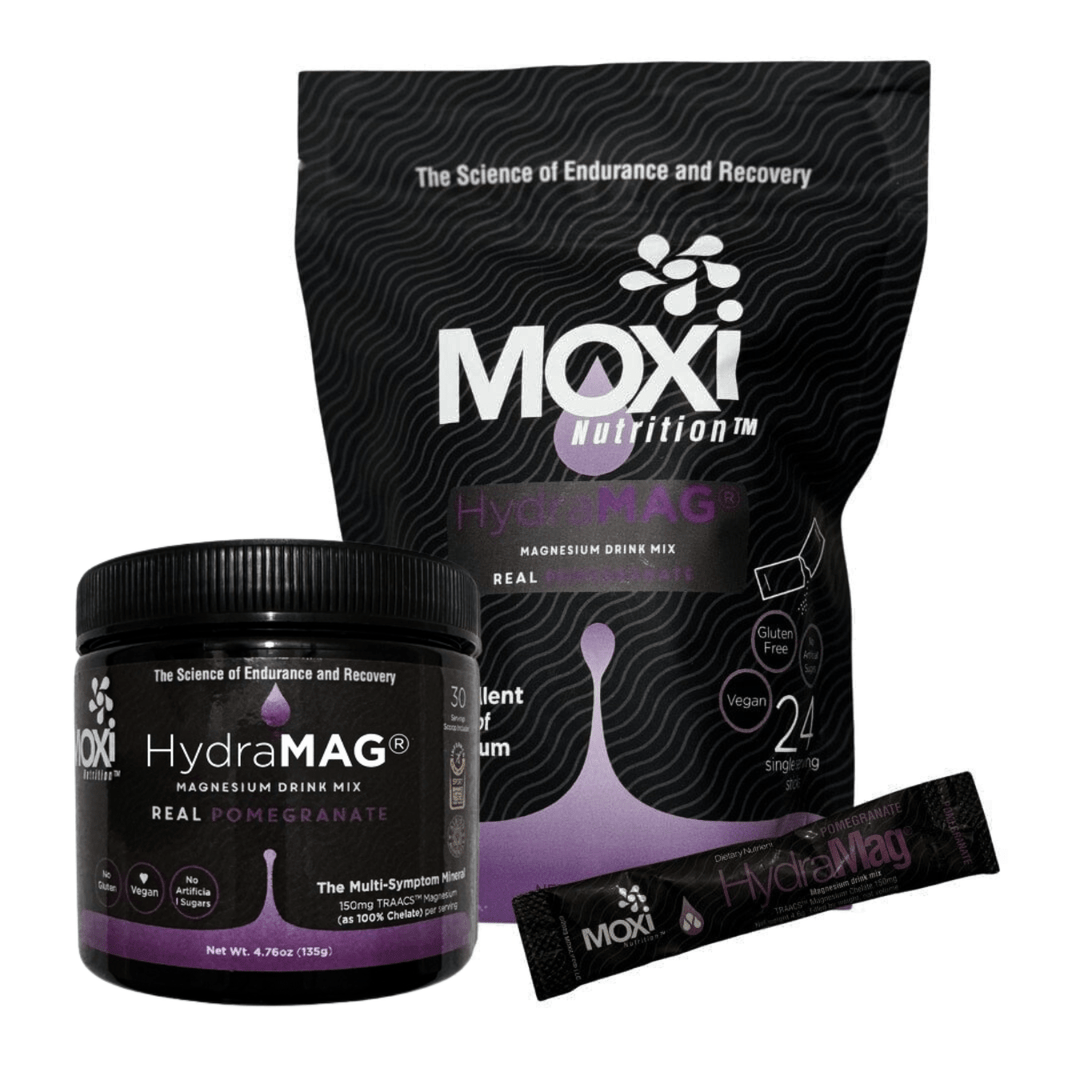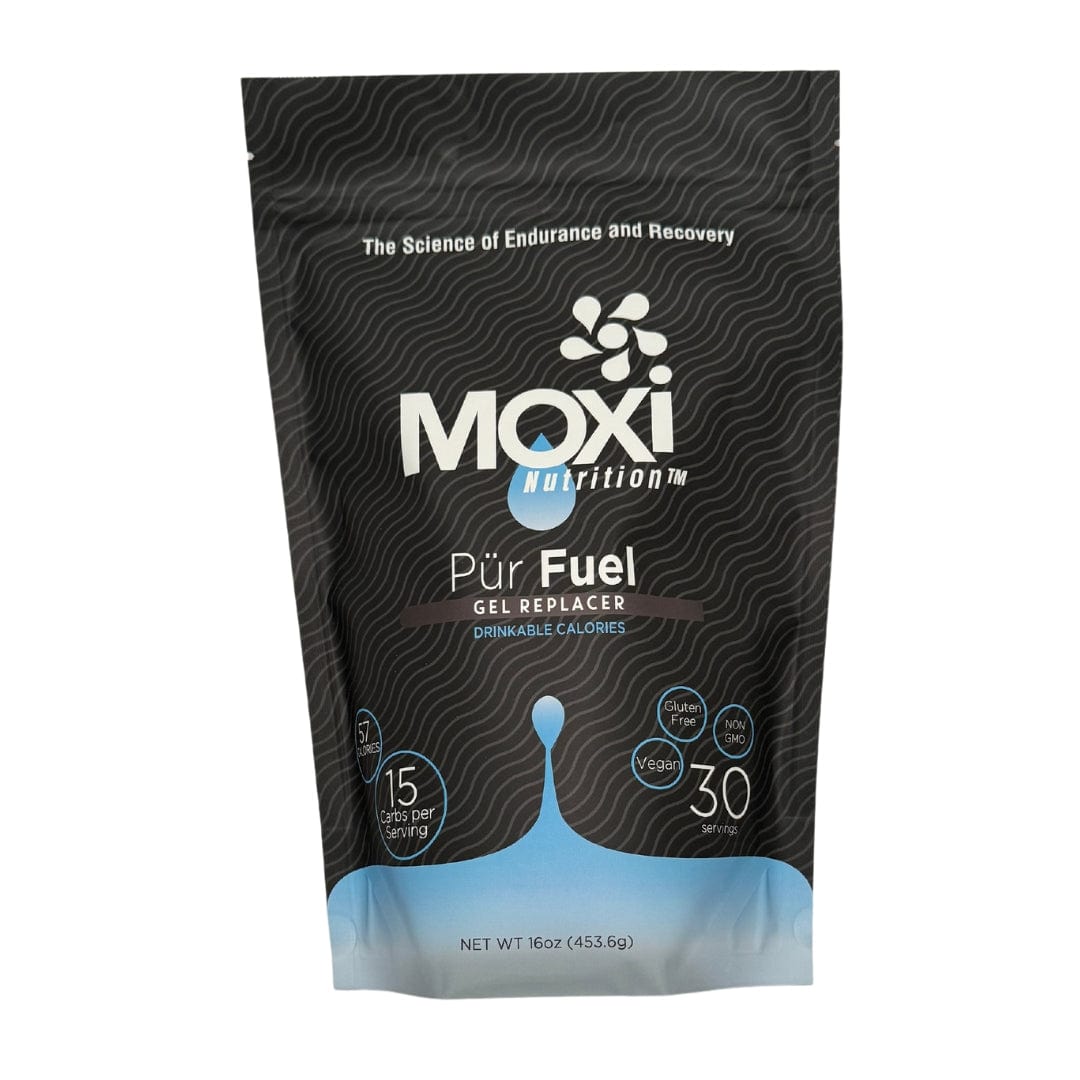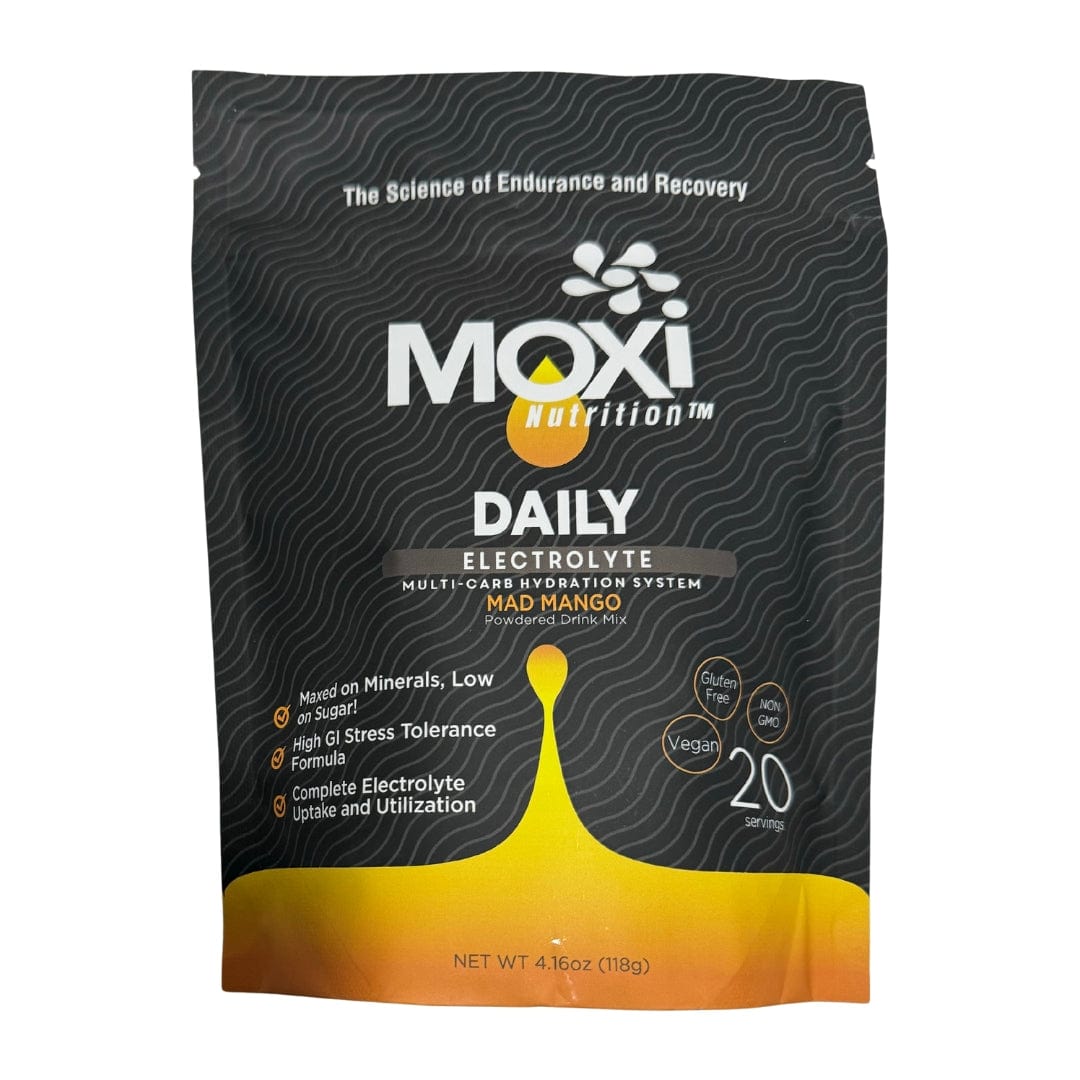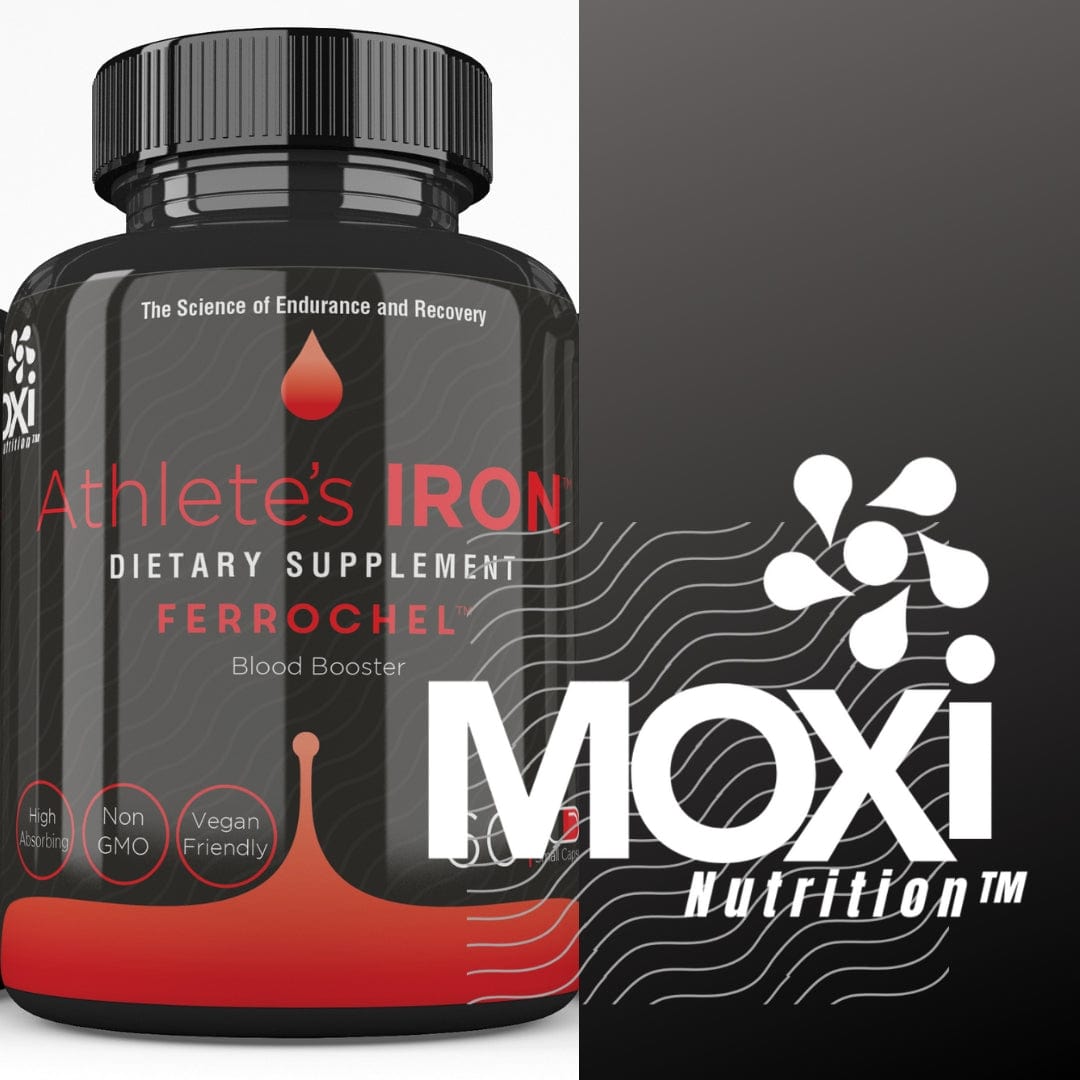What Micronutrient is Critical to Endurance Athletes? 🤷🏻♀️
When is the last time you had your blood chemistry evaluated?

Were you aware that if your Intercellular Magnesium levels are low you can be leaving 5-10% of your performance on the table?
Low Magnesium levels can:
- increase cramping
- reduce carbohydrate burn
- reduce blood flow and muscle oxygenation
- disrupt heart beats
- reduce muscle regeneration
- reduce testosterone levels
- Elevate exercise fatigue
Bravo if you had your 'annual' and had your blood serum tested to include: Magnesium, Calcium, Potassium, Phosphorous, Sodium & Iron levels.
HOWEVER did you know that blood serum tests do not tell the full story when it comes to Magnesium?
Magnesium is primarily always in the 'normal range' unless you have pre-existing Kidney conditions, are diabetic or are taking medications that are know to directly affect Magnesium utilization and uptake?
True Story.
Magnesium falls in the normal range more than 90% of the time due to the internal mechanisms which switch into gear when the body is in need and is burning through or better said 'utilizing' Magnesium.
Normal is good, right?
Have you heard of the terms; 'False Positive or False Negative'?
In Magnesiums case, since the body,(every organ from toe movement, thought process, heart beats, breathing) requires Magnesium for an activation or mechanism of action by means of the ATP cycle.
The bones and muscles to include and not limited too; heart, quads, hamstrings, biceps, triceps, and all muscle groups in between are storage lockers for magnesium.
Every cell and organ that obtains nutrients via our vascular system and require ATP (energy) to function are in constant demand.
As minute a the muscle function is; such as blinking an eye, the ATP Cycle is behind the action.
Now with this information, I am confident you are seeing the bigger picture of how this plays out with the amount of energy required for endurance athletes to train and compete, which is why Magnesium is critical to the 4th Discipline of Training.
Done Reading? Uh, Not so fast....
SOooohhh you don't think need to read further because you have a clean diet and you eat your leafy greens, pumpkin seeds, and currently take a Magnesium capsule or pill.
Did you know that plant produce and meals, that include grains, could be pulling the magnesium and other essential minerals through your waste management system?
Another True Story.
Phytates and Oxalates are natural components to produce, the good green leafy veggies which we always suggest to make a part of your training diet. These two components attached to minerals and render minerals unavailable for absorption. They make too large of a molecule once they attached themselves to the mineral and pass right on through the intestinal tract.
On top of this unwelcome news, the nutrient density of our plants is now 40% less across the board, and in some nutrients it can be up to 90% less.
Selenium comes to mind as a very important to the immune system and is found to be severely low in certain foods due to soil depletion.
OK, let's share some good news!
There are Magnesium forms which resist the produce and food based Phytates and Oxylates. These types of Magnesium forms are absorbed approximately 6x better than the majority of Magnesiums available on the market and used in most sport hydration beverages and supplements.
The majority of Sport Supplements and hydration use the following 'low absorbing' cookie cutter forms of Magnesium:
- Oxides
- Citrates
- Lactates
- Carbonates

The best highest absorbing form of Magnesium to date which is rigorously tested by Albion Minerals; the manufacture and the Magnesium used in HydraMag® Magnesium, is Magnesium Lysinate Glycinate 'Chelate'.
Also Known as an: Amino Acid Chelate
The term 'chelate' is super important because this term is what indicates there is a 'bond' between the mineral and the amino acid. It's the bond that make ALL the difference when it comes to absorption, uptake, utilization and reduced GI issues.
MOXiLIFE Nutrition™ uses this Magnesium chelate in HydraMag® because of the vetting and testing completed by Albion Minerals. We conducted our own Beta Test on Ironman Triathletes with significant positive uptake results.

When is the best time to take Magnesium?
Anytime of the day as long as you take it in doses less than 100mg at a time, and in an absorbable form. Depending on your intercellular Mg levels and Mg recycling capabilities, it is best to ingest Magnesium in smaller incremental doses for optimal uptake results.
When is comes to choosing the best magnesium supplement for endurance athletes we have what you need in HydraMag® a delicious drink made for daily and training hydration.
